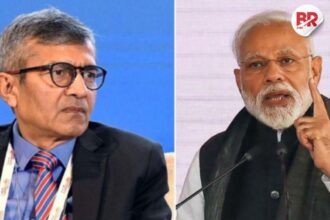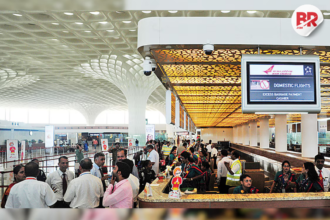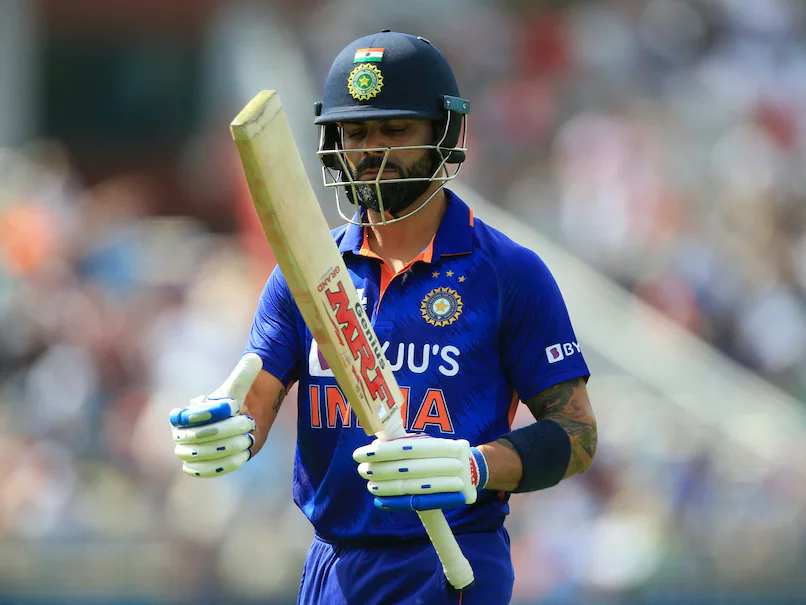
The long legal saga of Vijay Mallya saw another major blow this week as his bankruptcy appeal was rejected by the High Court in London. This decision comes years after Indian banks chased unpaid loans linked to the collapse of his defunct airline, Kingfisher Airlines.
A Billion-Pound Setback
The focus keyword “Vijay Mallya bankruptcy appeal rejected” was at the heart of this high-profile legal case. The UK court upheld a £1 billion+ ($1.28 billion) bankruptcy order against Mallya, dismissing his claims that banks had already recovered much of the money.

This order benefits a group of Indian lenders, led by the State Bank of India (SBI). They’ve been fighting to recover debts after the fall of Kingfisher Airlines, once touted as India’s premium airline brand.
How It All Started
The legal troubles began in 2017, when Indian courts held Mallya responsible for the unpaid debts of Kingfisher. That ruling was then brought to UK courts and recognized for enforcement.
By 2021, the UK issued a bankruptcy order against him. But Mallya appealed, saying banks had sold some of his assets and thus no longer needed the full amount. The court, however, disagreed.
Also Read: “It Felt Normal Until I Left”: India vs Europe Lifestyle Comparison Sparks Outcry
Judge’s Strong Words
High Court Judge Anthony Mann rejected Mallya’s arguments, stating, “The bankruptcy order stands.” He also pointed out that Mallya has spent years trying to delay legal proceedings and extradition efforts.
“This is yet another attempt to avoid the consequences of his actions,” said the judge, making it clear that time had run out.
Extradition Still Pending
Though this verdict wraps up the UK civil side of the debt recovery case, Mallya still faces criminal fraud charges in India. These charges are directly tied to Kingfisher’s collapse and the way loans were used.
In 2020, a UK court approved his extradition to India, but it hasn’t happened yet. Mallya has continued to resist, citing what his legal team calls “unresolved legal issues.”
India’s Enforcement Directorate and Central Bureau of Investigation are both involved in the extradition process. Meanwhile, the Indian government remains hopeful of bringing Mallya back to face trial.
The Bigger Picture
This case is not just about one man. It reflects how governments and financial institutions are becoming more aggressive in going after high-value defaulters, even across borders. The Vijay Mallya bankruptcy appeal rejection sends a strong message that legal loopholes can no longer be used as long-term shields.
Also Read: Namita Thapar Warns: 70-Hour Workweeks Are Failing Our Children












